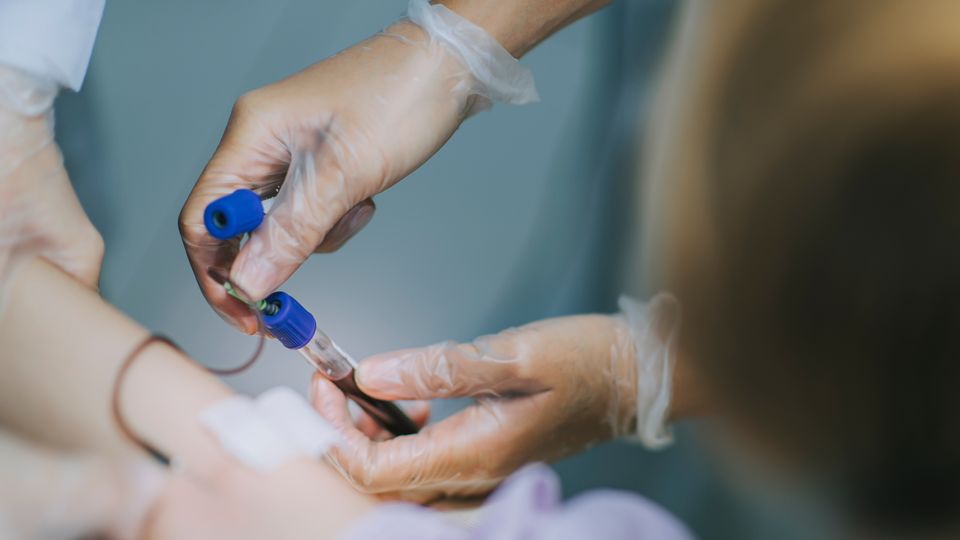Depression is one of the most prevalent mental health disorders worldwide, affecting people of all ages and walks of life. While occasional feelings of sadness are a normal part of being human, persistent and overwhelming depression can severely impact a person’s ability to function, enjoy life, and maintain relationships. A mental health rehabilitation center offers specialized care, evidence-based therapies, and holistic support to help individuals overcome depression and reclaim their well-being.
Understanding Depression
Depression, or Major Depressive Disorder (MDD), is more than just feeling sad. It involves ongoing feelings of hopelessness, loss of interest, and changes in daily functioning. Common symptoms include:
-
Persistent sadness or low mood
-
Fatigue or lack of energy
-
Difficulty concentrating
-
Loss of interest in hobbies or activities
-
Sleep disturbances (too much or too little)
-
Changes in appetite or weight
-
Feelings of worthlessness or guilt
-
Thoughts of self-harm or suicide
If these symptoms last for two weeks or more and interfere with daily life, professional help is essential.
The Role of a Mental Health Rehabilitation Center in Treating Depression
A mental health rehabilitation center provides a safe, supportive, and structured environment where individuals can focus solely on their recovery. These centers offer:
-
Access to licensed mental health professionals
-
Personalized treatment plans tailored to individual needs
-
A combination of therapy, medication, and lifestyle interventions
-
Tools and resources for long-term management
Comprehensive Assessments
Effective treatment begins with an in-depth evaluation, which may include:
-
Psychological testing to assess severity
-
Physical exams to rule out medical causes
-
Screening for co-occurring disorders like anxiety or substance abuse
-
Discussions about life events, stressors, and personal history
Evidence-Based Therapies for Depression
A mental health rehabilitation center uses scientifically proven therapies to treat depression, including:
-
Cognitive Behavioral Therapy (CBT): Helps identify and challenge negative thought patterns.
-
Interpersonal Therapy (IPT): Focuses on improving relationships and communication.
-
Dialectical Behavior Therapy (DBT): Teaches emotional regulation and distress tolerance.
-
Behavioral Activation: Encourages engagement in meaningful activities to improve mood.
Medication Management
Some individuals benefit from medications such as antidepressants. Rehabilitation centers often provide:
-
Psychiatric evaluations
-
Ongoing monitoring of side effects
-
Adjustments to dosage or type of medication
-
Education about safe and effective use
Holistic and Lifestyle Interventions
In addition to traditional therapy, holistic approaches can improve overall well-being. These may include:
-
Yoga and mindfulness meditation to reduce stress
-
Art or music therapy for self-expression
-
Nutritional counseling to support brain health
-
Physical exercise to release endorphins
Group Therapy and Peer Support
Group sessions allow participants to:
-
Share experiences in a supportive environment
-
Gain encouragement from peers in recovery
-
Learn new coping skills through discussion and role-play
Family Involvement in Recovery
Family participation can significantly improve recovery outcomes. A mental health rehabilitation center often provides:
-
Family counseling to address relationship challenges
-
Education about depression and treatment
-
Strategies to create a supportive home environment
Addressing Co-Occurring Disorders
Many people with depression also experience other mental health issues such as:
-
Anxiety disorders
-
PTSD
-
Substance use disorders
An integrated approach ensures all conditions are treated simultaneously.
Skills Development for Long-Term Wellness
Recovery from depression involves learning skills that support a healthy lifestyle, such as:
-
Time management and goal setting
-
Stress-reduction techniques
-
Positive communication skills
-
Self-care routines
Creating a Supportive Environment
A mental health rehabilitation center offers structure and stability, reducing exposure to negative influences and providing consistent daily routines that encourage healing.
The Importance of Aftercare
Depression recovery doesn’t end when rehabilitation ends. Aftercare may include:
-
Ongoing therapy sessions
-
Regular check-ins with a psychiatrist
-
Support group participation
-
Relapse prevention planning
When to Seek Help
Consider contacting a mental health rehabilitation center if:
-
Symptoms last more than two weeks
-
Daily functioning is impaired
-
There are thoughts of self-harm or suicide
-
Past treatments have not been effective
Breaking the Stigma
One of the biggest barriers to depression treatment is stigma. Rehabilitation centers work to:
-
Promote awareness about depression as a treatable medical condition
-
Encourage open conversations about mental health
-
Share recovery success stories to inspire hope
Taking the First Step
Depression can feel overwhelming, but recovery is possible. With the help of a mental health rehabilitation center, individuals can access professional care, develop effective coping strategies, and rebuild a fulfilling life.
FAQs
Q1: Can depression go away on its own?
A: Mild depression may improve over time, but moderate to severe depression often requires professional treatment for lasting recovery.
Q2: How long will I need to stay in a rehabilitation center for depression?
A: Length of stay varies depending on severity and progress, ranging from a few weeks to several months.
Q3: Is medication always necessary for depression treatment?
A: Not always. Some individuals recover through therapy and lifestyle changes, while others benefit from a combination of medication and therapy.
Q4: Can family members visit during treatment?
A: Many centers encourage family involvement, though visitation policies vary.
Q5: What happens if depression returns after treatment?
A: Relapse can happen, but aftercare plans and continued support greatly reduce the risk and help manage symptoms early.

